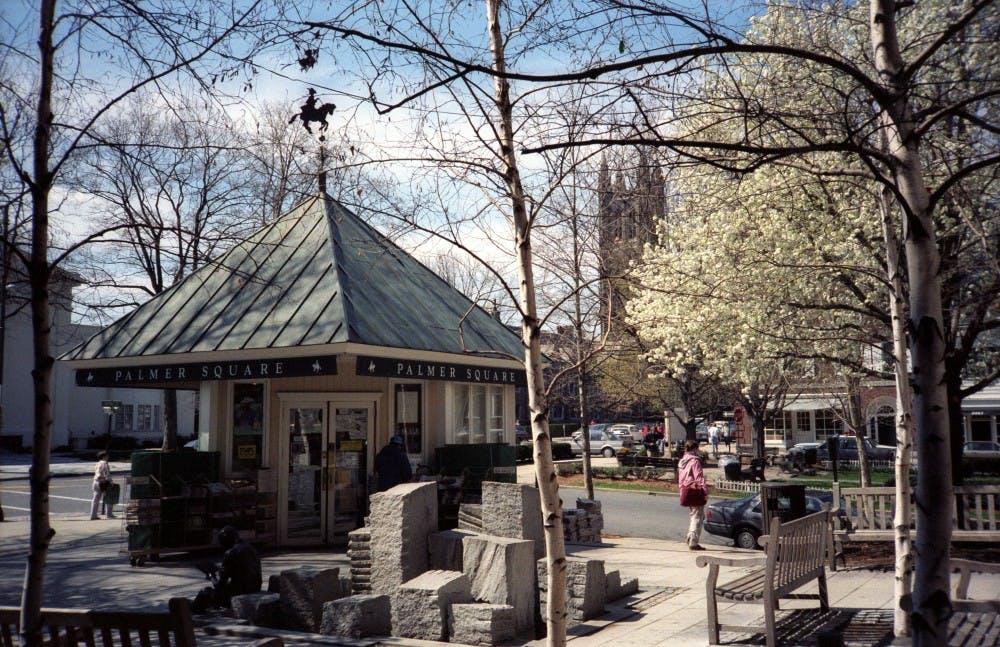The town of Princeton, along with the United States, is already feeling the devastating economic impact of the COVID-19 pandemic. Last week, nationwide applications for unemployment benefits surged by 33 percent. Governor Phil Murphy said in a CNN interview on Monday that unemployment in New Jersey is “going up dramatically.”
In light of widespread suffering, the Princeton Children’s Fund (PCF) established the Coronavirus Emergency Relief Fund (CERF) on March 16 to help local Princeton families in need of financial support during the unprecedented crisis.
The CERF site allows visitors of the website to make donations or request financial assistance due to business closure or other burdens. Donations can also be sent directly to 5 Haslet Avenue, Princeton, N.J. 08540.
To qualify for aid, applicants must be Princeton residents or have a child in Princeton Public Schools. Additionally, they must have suffered undue financial burdens as a result of COVID-19 after March 9, present supporting documentation, and must have a “pre-COVID” income for their family size under the 2019 COAH limit, a number set by the New Jersey Council on Affordable Housing.
The Princeton Human Services Department promises that all requests will receive a response within 48 hours.
So far, 15 community members have applied to the relief fund, according to PCF President Felicia A. Spitz.
While rent, utilities, child care, and lost non-medical devices may be covered by the CERF, as of now, it will not cover food, personal hygiene products, or student loans. Spitz explained that these guidelines are subject to change and PCF’s team will assess applicants’ needs on a case-by-case basis.
Community members can also turn to Arm in Arm of Mercer County, another organization working to protect community members of the town of Princeton through the coronavirus crisis by providing food, shelter, personal hygiene, and financial support.

COVID-19 has presented unique challenges to volunteer organizations, which normally rely on interpersonal contact. With the goal of preventing the spread of illness, Spitz said, organizations must “limit exposure and increase service at the same time.”
To that end, Spitz suggested that individuals contribute more financially and complete less volunteer work. Instead of donating canned goods, one may gift money to a food pantry, which will send select organizers to buy food in bulk and deliver it door-to-door, rather than having people come pick up food.
Spitz also stressed the importance of staying home.
“Not being out and about, potentially exposing people or yourself, is absolutely imperative,” she said.

Under normal circumstances, PCF sponsors programs like summer book clubs or tutoring for Princeton children who qualify for reduced-price lunch, a group which amounts to about 15 percent of students. They have separate funds for CERF efforts from those collected for their regular programming.
PCF’s coronavirus relief initiative is in collaboration with Princeton Community Housing, the Princeton Human Services Department, the Princeton Senior Resource Center, and Send Hunger Packing Princeton.
Spitz emphasized the importance of community collaboration in this effort.
“Because we have unpaid boards,” she said, “we’re used to having really good relationships with other people, because that's our only mechanism to get things done.”
With this volunteer network, Spitz said PCF has been able to effectively organize social workers to address pressing problems outside of PCF’s normal work, such as housing issues.
“I wouldn’t in a million years say this is a Princeton Children’s Fund thing,” she added. “This is a Princeton thing.”
Additional information about local resources like food pantries, electricity, communication, healthcare, and storage can be found on the Princeton’s Human Services website.








